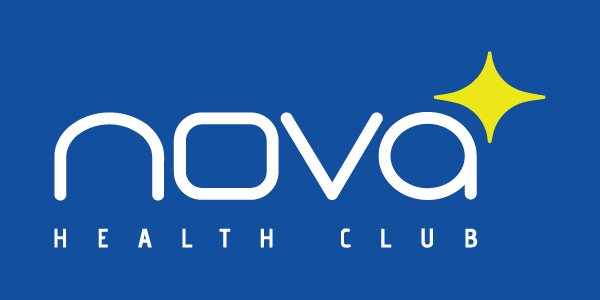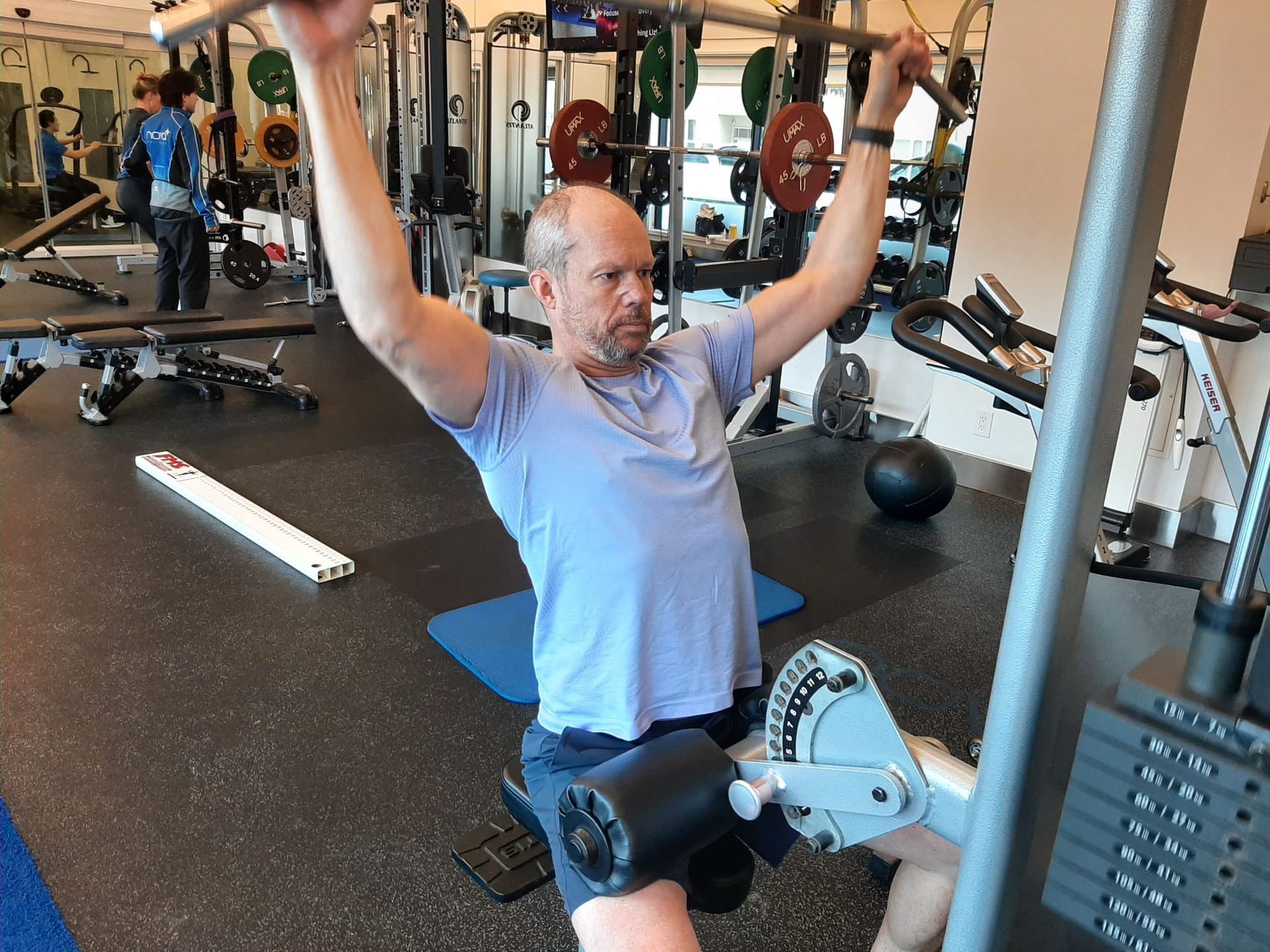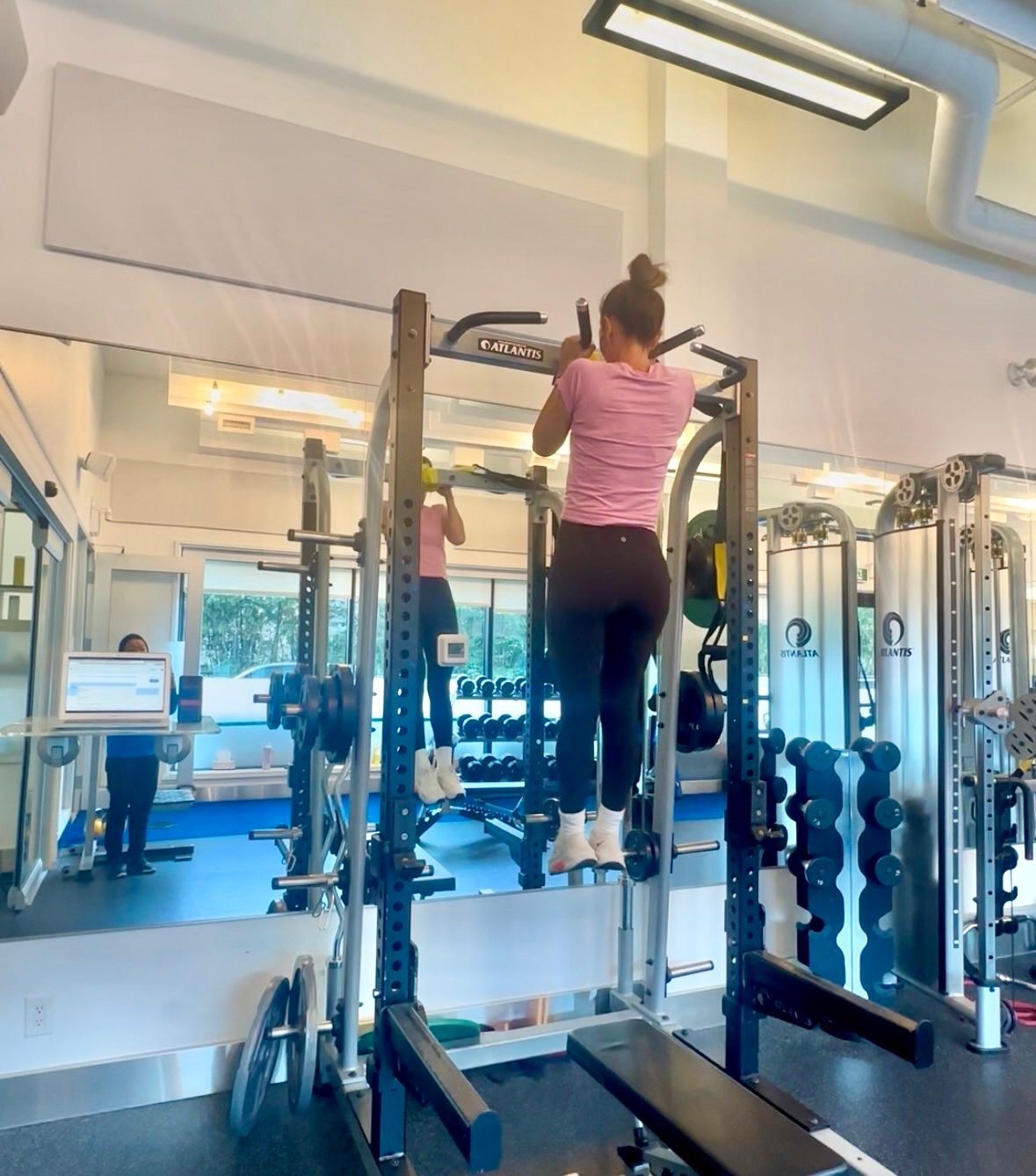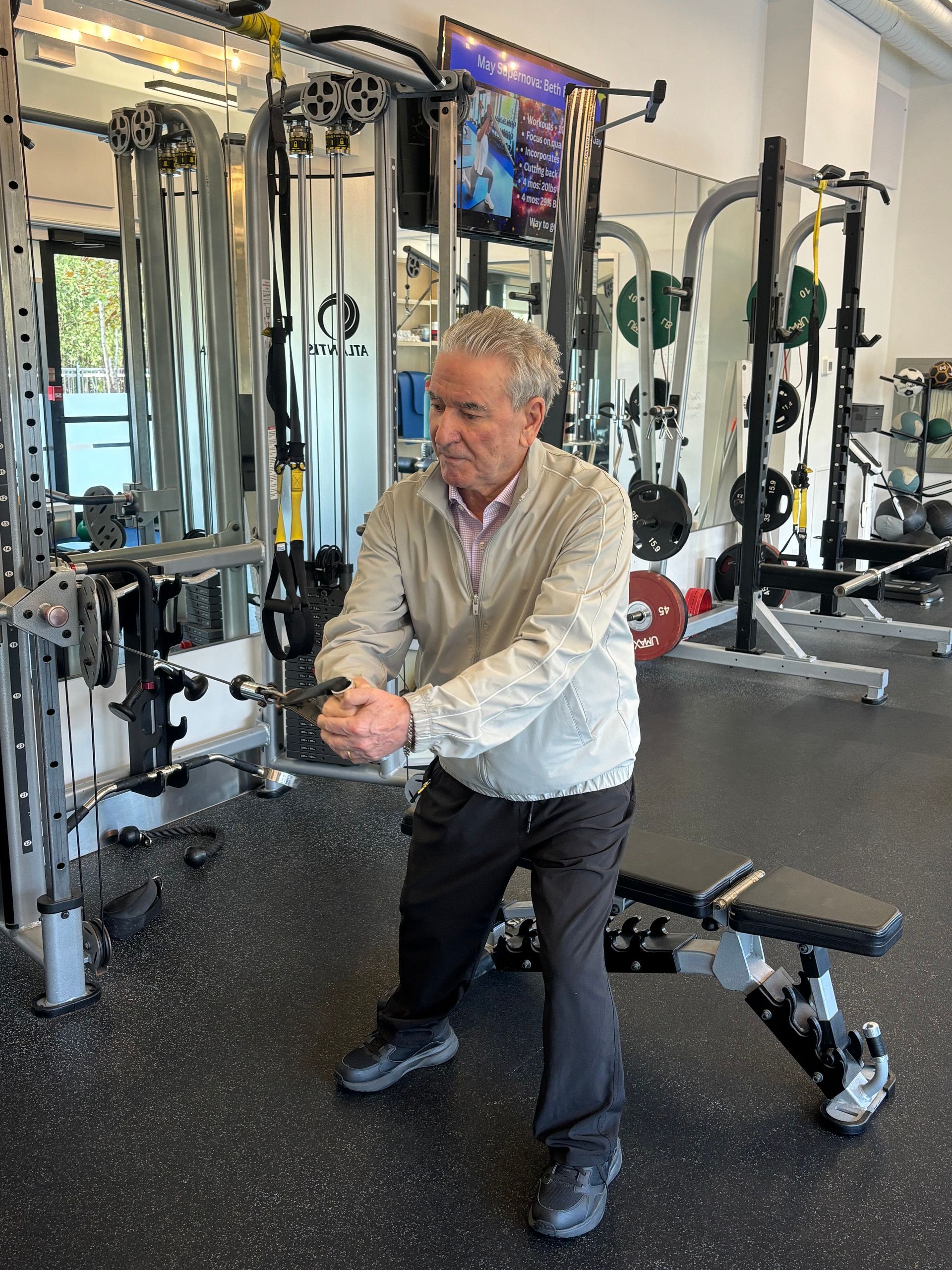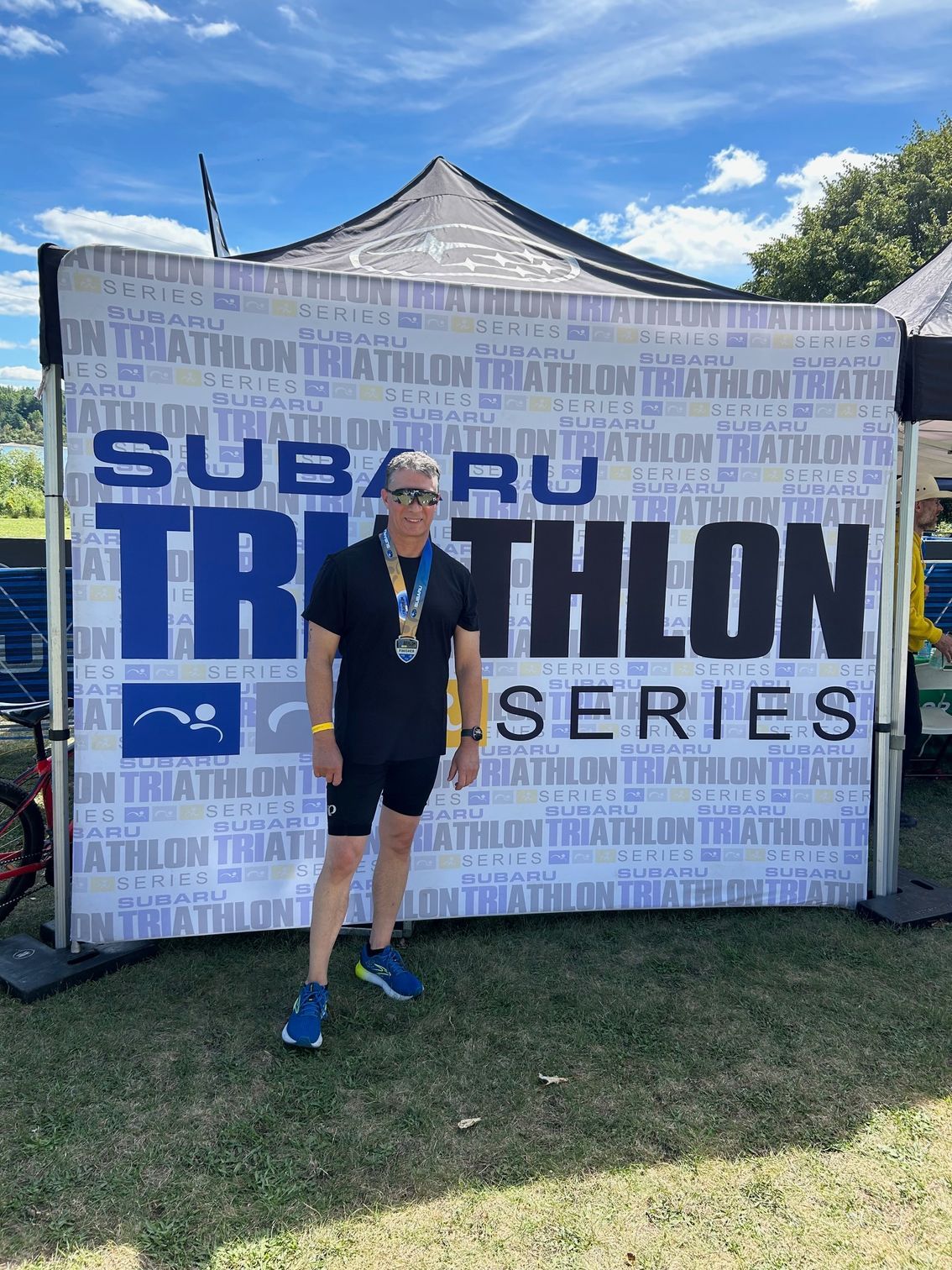The Basics On Counting Calories
Dr. Kate Irwin • March 6, 2021
How to Ensure Your Calorie Counting Is Personalized to You
Have you ever thought about calorie counting but don’t know where to start? Perhaps you read a few blog posts about Macros, Calories and tracking your food but the information didn’t seem to make sense? I am going to take a few minutes to lay out the basics of macros, calorie counting, and what your body needs to survive on a daily basis.
BASAL METABOLIC RATE
The first number of any significance when looking at calories is your Basal Metabolic Rate (BMR). This is the total amount of energy (calories) that your body burns at rest, for example, if you were to lay in bed all day and not move. This accounts for breathing, keeping your heart beating, and keeping your organs running. This is the bare minimum calories you need each day to survive.
TOTAL DAILY ENERGY EXPENDITURE
The second number of significance is your Total Daily Energy Expenditure (TDEE) which is a combination of your BMR and then all of the calories you burn through movement, eating, digestion, talking, fidgeting, working, exercise etc. The combination of your daily movement and your BMR equals your TDEE.
APPLYING IT TO YOUR GOALS
Wondering why these numbers are important? If you were to consume the exact amount of calories as your TDEE you would technically maintain your current weight. Because your TDEE is the number of calories that you burn each day, when you eat that many calories a day your body is in balance. If you were to eat over your TDEE you would theoretically gain weight and alternatively if you consume under your TDEE you would lose weight. This is a simplified explanation and there are other factors that come into play such as stress, hormones, history of dieting, sleep etc. Each of these factors can contribute to both weight loss and weight gain which can make calorie tracking a little bit more difficult.
When we are trying to increase muscle mass - you want to eat at or just above your TDEE with a high portion of protein. On the other hand when you want to decrease fat - you want to eat below your TDEE enough to lose weight. The goal is to eat as much food as possible while still losing weight to prevent plateaus and metabolic adaptation.
METABOLIC ADAPTATION
Metabolic adaptation is a process when your body becomes more efficient. If you feed your body less it will start to burn less calories to prevent you from withering away to nothing. You can never ruin your metabolism, it doesn’t break, but it does adapt to its current situation. So in a weight loss situation it’s important to eat as much as possible while still losing fat so that as your body adapts to the current input you will be able to decrease your calories even further. If you start on really low calories, when your body adapts, you won’t have anywhere to drop your calories down to. Then it leads to frustration and people giving up!
MACROS
When it comes to macronutrients, which are carbohydrates, fats and proteins, it’s important to know that carbohydrates are not inherently bad for you, they simply give you energy! It doesn’t matter if your goal is weight loss or weight gain, focusing on protein is a must. During muscle mass gains, having protein allows your body to incorporate that protein into your muscles after workouts and therefore increases muscle mass. On the other hand if you are attempting to lose weight, having excess protein helps your body burn fat instead of muscle and helps maintain your muscle mass. Maintaining muscle mass is the key to long term success, if you eat too little protein and lose muscle during weight loss then you are less likely to maintain that weight loss long term!
DETERMINE YOUR BMR TODAY
To learn about your personal calorie needs it all begins with knowing what your BMR is. Did you know that the InBody analysis machine at Nova Health Club is one of the most accurate ways to determine your BMR?
Contact us
today to get your InBody test complete.

It's that time of year again where Halloween candy is everywhere - especially if you have children who are in the trick or treating age. We all know that candy is unhealthy and we are aware of sugar's detrimental effects on our health, from weight gain to cavities... But do you know the risks in eating Halloween candy that go beyond weight gain and cavities? While sugar is certainly a concern, other ingredients in many popular candies can chip away at your health and well-being. The Deceptive Allure of Halloween Treats While eating Halloween candy can be a nostalgic pleasure, the ingredients list tells a different story. I personally love Halloween but about 7 years ago I went clean and gave up Halloween candy for good because I learned it is much more than a sugar problem… Beyond sugar, are ingredients like hydrogenated oils, high-fructose corn syrup, artificial colors, titanium dioxide and common allergens like wheat, corn, dairy, and soy. These ingredients can wreak havoc on our bodies, leading to a host of negative health effects that most consumers overlook. Beware: 5 Ingredients in Halloween Candy With Negative Health Effects 1. Hydrogenated Oils: Hidden Fats Hydrogenated oils transform liquid oils into solid fats and enhance texture and shelf life. These trans fats are notorious for raising bad cholesterol levels, increasing the risk of heart disease and causing inflammation in the body. Look out for the word ‘Hydrogenated’ in candies like Skittles or Starburst 2. High-Fructose Corn Syrup (HFCS): A Sweet Sabotage HFCS is another frequent offender. It’s a cheap, sweet alternative to sugar that can lead to rapid spikes in blood sugar levels and cravings. Overconsumption of HFCS has been linked to obesity, insulin resistance and fatty liver disease. Many people consume HFCS without even realizing it. Candies like Oh Henry and other chocolate bars have HFCS. 3. Artificial Colors: A Rainbow of Risks The colors that make Halloween candy so visually appealing are often the result of artificial colorings like Red 40, Yellow 5 (Tartrazine), Yellow 6 (Sunset Yellow) and Blue 1. Studies have shown links between these artificial colors and hyperactivity in children, as well as allergic reactions as well. Here are some of your Halloween favorites with these colors: Skittles , Maynards , Sour Patch Kids , Jolly Rancher , Twizzlers , Starburst and M&M’s 4. Titanium Dioxide: The White Truth Titanium dioxide is used in many candies to enhance their whiteness and opacity. It is a detergent that damages your gut and decreases your gut microbiome. Any candy that has a white center, like Skittles is known to use this ingredient. 5. Allergens: Hidden Dangers for Sensitive Individuals Finally, we can’t forget the processed allergens like wheat, corn, dairy and soy in many candies like Mars or Snickers . Those who are highly allergic know to stay away from foods with these ingredients but what about the low grade allergic response that most people ignore? Hives, scratchy through, congestions, asthma, sneezing, itchy eyes and mild GI discomfort are all effects of these allergens. The Scary Reality Halloween is a fun time but we’ve really thrown in the towel when it comes to our health based on the things we are accepting as ok. We've created a society where we buy the cheapest, lowest quality candies to give to our children (and ourselves). Most, if not all of the mainstream candy companies produce products that are high in chemicals to preserve shelf life, to entice our eyeballs and to stimulate our brain to want more the moment it hits our palette. We've also bought into the idea that it's ok because it is just once a year... but the reality is that this food is everywhere all the time. If it was just one day on Oct 31 then sure - that could be ok, but most children are coming home with more than 10lbs of candy that they consume over the next 30 days. It’s no wonder why so many of us suffer with health issues including our children. Modern children are being diagnosed with more health problems than previous generations. Things like childhood depression/anxiety, food allergies, ADHD, autism, eczema and obesity are just some of the things we are seeing more of. Stay Vigilant and Read Labels Can we blame our poor health all on Halloween candy? Certainly not - it's more than just candy in October however the amount of candy with the above ingredients being consumed during Halloween and through the year is definitely a contributor. So when it comes to candy, watch out for the sugar but it’s time to wake up to the other ingredients that are damaging us. The best thing to do is read the labels and be aware of what you choose to consume. And hopefully in time we choose to buy 'treats' that are not filled with chemicals. Next year, choose to buy healthier options versus the mainstream candy we grew up with. Healthier Alternatives Here are some options to consider instead of the mainstream low quality garbage that we've been accustomed too: Chocolate Bars Unreal Coconut Bars : This company is on point with way healthier ingredients than the mainstream. They carry an assortment of candies beyond just the coconut bar (which is one of my faves). Granola Bars Made Good : You've probably seen this brand around in stores - specializing in gluten free healthier granola bars. Cookies Simple Mills : Making cookies and baked goods gluten free and with sweeteners that have a lower glycemic index than regular sugar (less of a blood sugar spike) Candies Smart Sweets : Candies without artificial colors and high sugar Lollipops & Jelly Beans YumEarth : W ithout artificial colors Water Enhancer (Vitamin C) Emergen-C : Something different from usual candy - Vitamin C drink crystals that are a much healthier option to candy and kids love em. There are more brands out there but you have to be on your toes when buying. Pay attention to brands, scrutinize the ingredient list and pay the extra money. Every dollar you spend is a vote - the more we vote for the better products for our health, the lower the cost will end up being in the future.
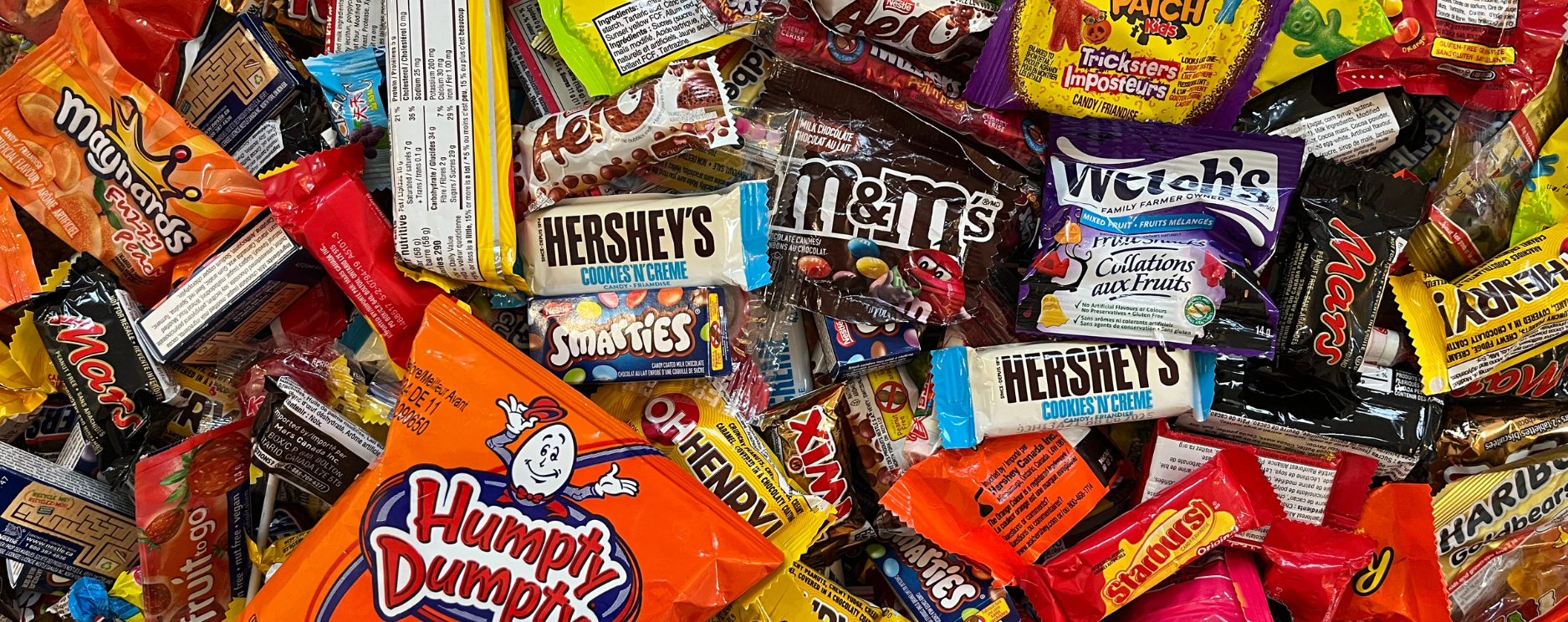
Having trouble controlling the intake of Halloween candy? Unless you are a disciplined ninja or equipped with helpful restraint tactics, you end up eating too much of this low quality, highly processed junk food. If you are someone with a sweet tooth then you are in luck! Here are 5 tactics that will help you avoid eating too much (if any) candy this Halloween. 1)Don’t Skip Meals or Snacks Skipping meals and snacks creates stress on your body and a stressed body is more likely to have sugar cravings. Self control becomes extremely difficult when you're underfed. If candy appears it is much harder to resist because your body is lacking energy, vitamins and minerals. If you eat a solid meal along with healthy snacks throughout the day (ie: protein shake, apple and almonds) I guarantee that it will be hard to eat candy. 2)Eat Enough Protein On the heels of not skipping meals, make sure each meal has enough protein. Meals that are low in protein mean that they are higher in carbs. As a result you will deal with blood sugar dips and greater hunger, weakening your resistance to candy. How much protein? This differs between people but generally you aim to have at least 0.8 grams of protein per pound of ideal body weight. The more active you are, the more protein you will require. 3)Stay Hydrated Being dehydrated will make you feel hungry even when you are not actually hungry. As a result you are more likely to have the urge to grab a sweet from the candy bowl. The simple solution is to just drink enough water throughout the day. How much water? Click here to download your All About Water PDF. 4)Say It Out Loud Often we eat candy without thinking. It is not uncommon to have 5 or 6 candies before you become mindful of what you are doing. By then it’s too late. This may sound strange but as you are picking up the candy - say out loud “I am going to eat this candy” (even if no one is around). This helps you become more aware of your actions, encourages mindfulness, and engages your logical mind. 5)Educate Yourself The scary truth is that mainstream Halloween candy is some of the worst food you can put into your body. Most of these candies contain highly inflammatory ingredients, allergens, and toxins known to disrupt everything from the gut microbiome to DNA, potentially contributing to ADHD symptoms and triggering allergies… And that’s without commenting on the effects of sugar that most of us already are aware of. Eating certain candies can be just as bad as smoking a cigarette! Give these tactics a try - they should help you to say no to Halloween junk food this year. If you are still having trouble, you can attempt a ‘clean sweep’ by throwing it all into the garbage… If you still have a sweet craving, have some dark chocolate or walk to the best bakery in town and buy yourself a $10 chocolate croissant :) Happy (Healthy) Halloween!
